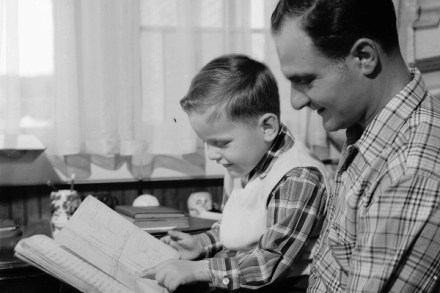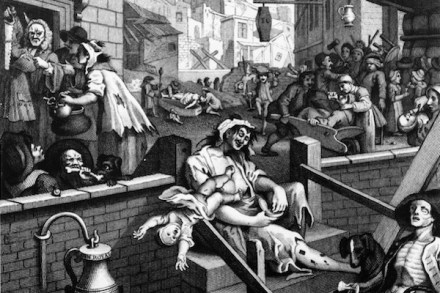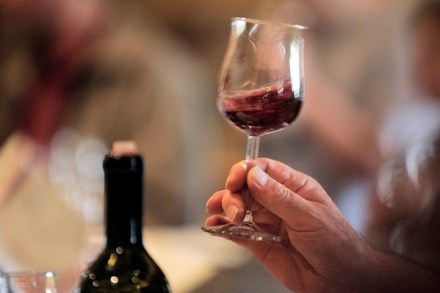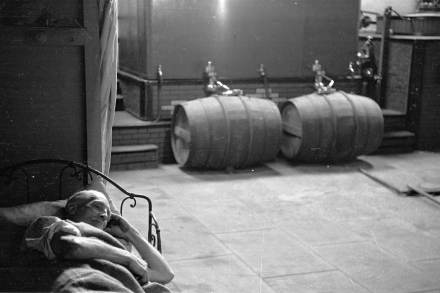Fathers, sons and the beauty of a “borrowed” book
I spent the weekend in Dublin; consequently, I am suffering from what Apthorpe would have called ‘Bechuana tummy’. For the uninitiated, Apthorpe is the premier fool in Men at Arms, the first book in Evelyn Waugh’s Sword of Honour trilogy. I was reading it in bed last night and was wryly amused by this joke, which hangs over two chapters: ‘The two lame men climbed into the car and returned to Kut-al-Amara in alcoholic gloom. Chapter 7 Next day Apthorpe had a touch of Bechuana tummy, but he rose none the less.’ I return to Men at Arms often, but never without reason. I did so this time because Father’s Day fell




















